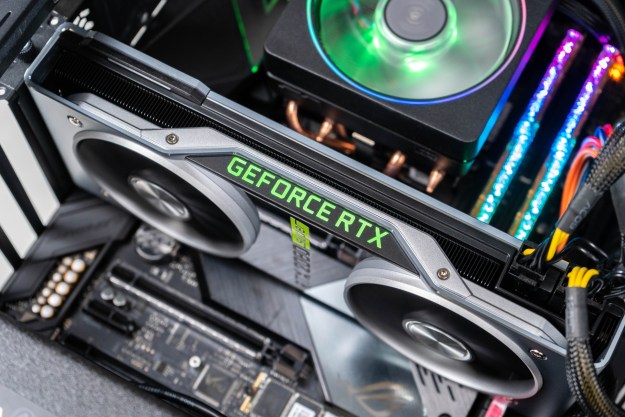
“In the future, every car will be self-driving. There will be 100 million cars built each year, millions of robotaxies, and several hundred thousand trucks. All of it will be autonomous. On top of this, what will define the driving experience is the artificial intelligence (AI),” Nvidia CEO Jensen Huang promised during a press conference in Las Vegas.
He pointed out Xavier is, by far, the most complex project Nvidia has ever embarked on. Without getting too technical, the processor relies on nine billion transistors to monitor information sent by the numerous sensors required to make a car drive itself safely and smoothly. “It can never fail because lives are at stake. And it has to make the right decision, running software the world has never known how to write,” Huang explained.
Nvidia will place Xavier at the center of Pegasus, an AI computing platform built to power level five (fully autonomous) vehicles. It’s built on two Xavier processors and a pair of next-generation GPUs. It handles 320 trillion operations per second; in simpler terms, it delivers the performance of a trunk full of PCs in an apparatus no bigger than a license plate.
Xavier will reach the market this quarter, a little over a year after it was announced, and Nvidia has already received numerous orders. Aurora, the start-up company founded by former Google engineer Chris Urmson, will leverage Xavier’s capacities to develop the level four and five self-driving platforms it will supply to car companies. Volkswagen and Hyundai are currently working with Aurora, and we expect more companies will announce a partnership in the coming months.
“Nvidia Xavier is a key element of Aurora’s computer, delivering the performance needed to power self-driving system,” Urmson said in a statement.
Xavier will help Volkswagen bring the production version of the I.D. Buzz concept to the market. Expected to arrive in 2022, the retro-inspired electric van will offer a high level of autonomy. It’s safe to assume the technology will trickle down to other upcoming members of the German company’s lineup, including more electric cars. AI tech from Nvidia will also continue to power Uber’s ever-growing fleet of self-driving cars and trucks in the coming years.
“We’ve been integrating and running our self-driving cars and trucks on Nvidia’s GPU technology, and will explore other Nvidia platforms as they become available,” an Uber spokesperson told Digital Trends. The tech firm isn’t planning on using Xavier chips, however.
Nvidia’s venture into the automotive industry doesn’t end there. The company also announced it has teamed up with German components manufacturer ZF and Chinese tech giant Baidu to develop a mass production-ready autonomous vehicle platform specifically for the Chinese market. That involves dealing with the chaotic traffic on Chinese roads, a task that’s easier said than done. Designed for mass production, the platform uses Nvidia’s Xavier chip, ZF’s ProAI car computer, and Baidu’s Apollo Pilot.
Updated by Ronan Glon: Added Uber statement.
Editors' Recommendations
- Nvidia’s supercomputer may bring on a new era of ChatGPT
- Nvidia’s $200 Jetson Orin Nano minicomputer is 80 times faster than the previous version
- Nvidia lowers the barrier to entry into A.I. with Fleet Command and LaunchPad
- How the USPS uses Nvidia GPUs and A.I. to track missing mail
- Intel adds Nvidia RTX gaming power to compact NUC 11 Enthusiast mini PC





